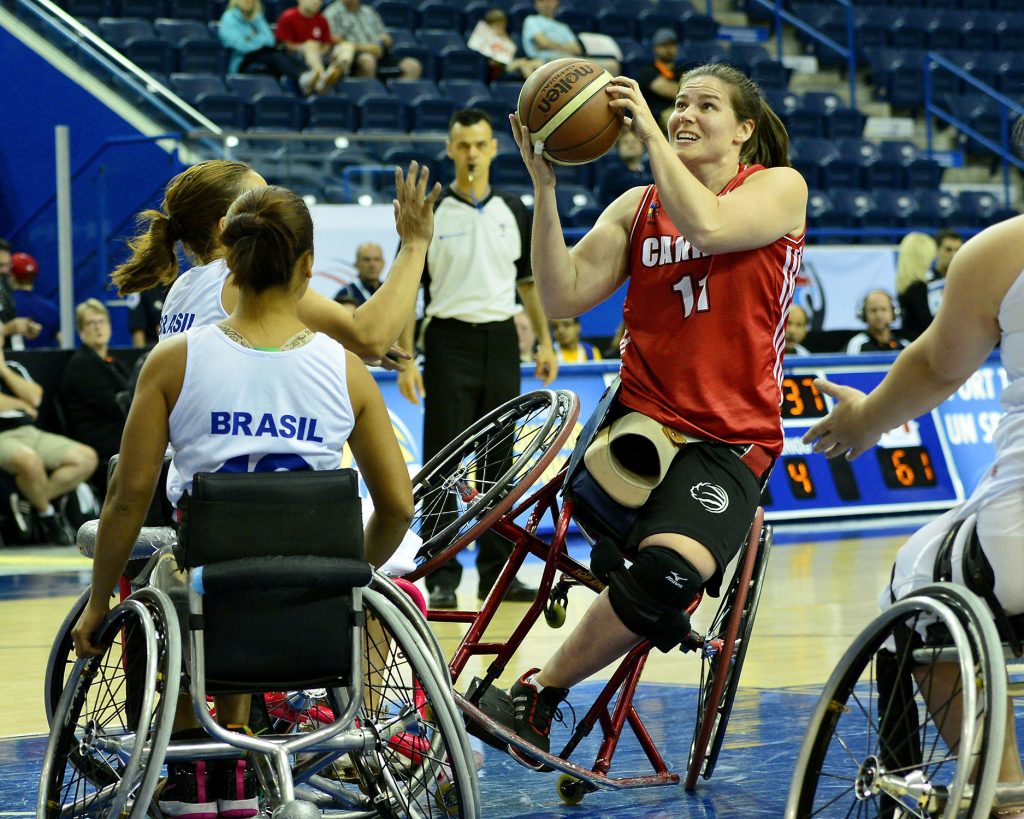Examining Difference: LTAD and Athletes with a Disability

Canada’s Long Term Athlete Development Model offers an important conceptual framework to chart athlete development along the continuum of sport participation from playground to podium. Yet among athletes with a disability, each of whom enters and engages within the sport system in a unique way, it can be difficult to delineate a common pathway. Individuals…
Management of Diversity and Cultural Safety Training for Instructors in Sport Programming

SIRC is pleased to be working together with Sport Canada to share current research on topics informing policy and promoting quality sport programming. This week we are sharing highlights of a recent article examining MANAGEMENT OF DIVERSITY AND CULTURAL SAFETY TRAINING FOR INSTRUCTORS IN SPORT PROGRAMMING. Managing Diversity to Provide Culturally Safe Sport Programming: A…
RELATIONSHIP BETWEEN COACHES AND THE LONG-TERM ATHLETE DEVELOPMENT MODEL

SIRC is pleased to be working together with Sport Canada to share current research on topics informing policy and promoting quality sport programming. This week we are sharing highlights from a recent article examining the RELATIONSHIP BETWEEN COACHES AND THE LONG-TERM ATHLETE DEVELOPMENT MODEL. Coaches’ adoption and implementation of Sport Canada’s long-term athlete development model….
Long Term Athlete Development
Active Start (0-6 years) Fundamentals (males 6-9, females 6-8) Learning to Train (males 9-12, females 8-11) Training to Train (males 12-16, females 11-15) Training to Compete (males 16-23+/-) Training to Win (males 19+/-, females 18+/-) Active for Life (enter at any age) The first three stages of the LTAD allows for children to learn the…